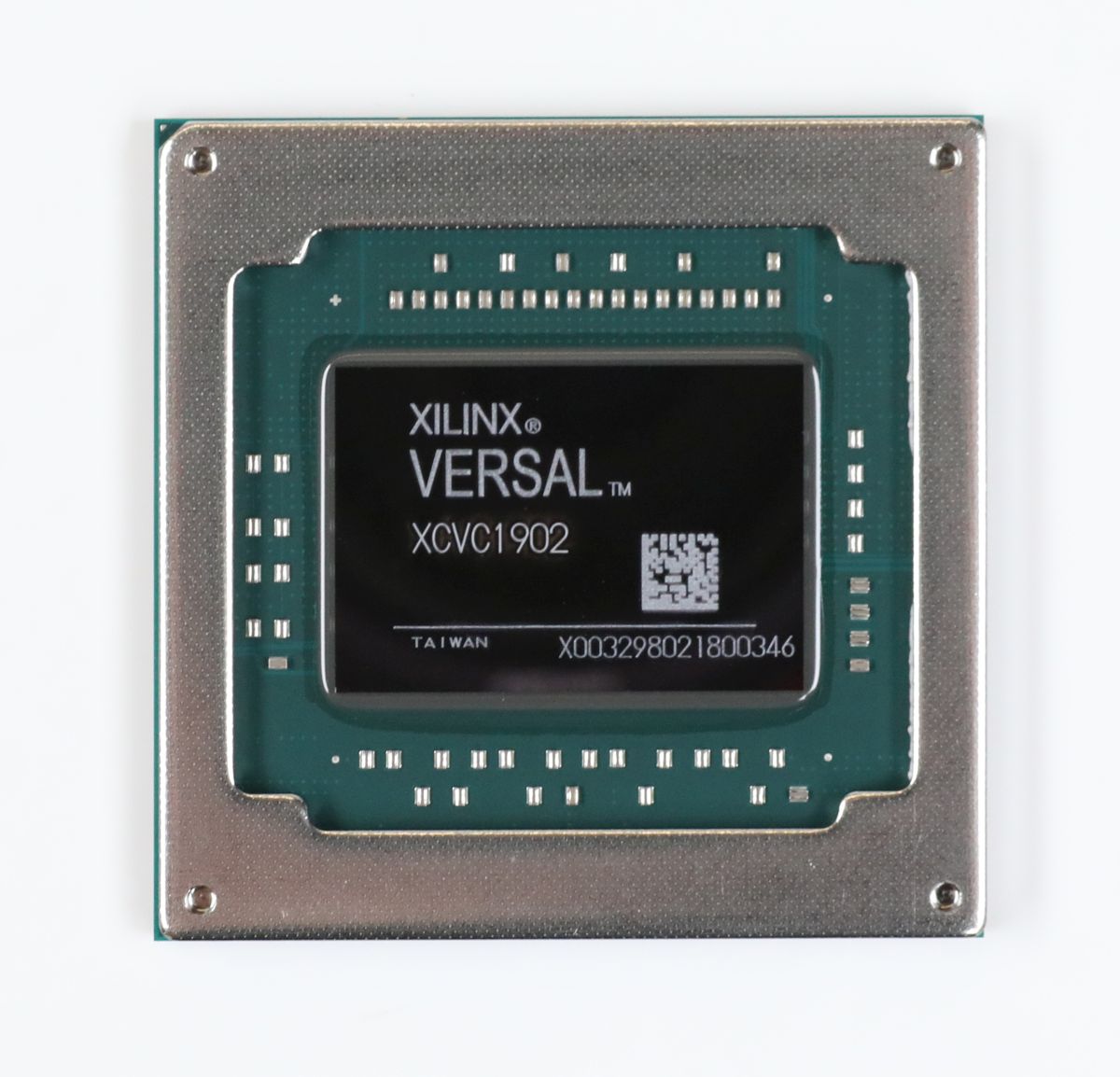Xilinx Versal ACAPs provide a universal, flexible, and scalable platform that can address multiple operator requirements across different areas. That is the crucial point for the 5G networks, as each country has its frequencies and bands. Regulatory bodies are selling bands to multiple carriers, and each of them has access to specific bands. There are thousands of combinations of bands and frequencies, and that is what makes 5G exponentially complex to deploy than previous mobile data standards.
Having an adaptable solution such as the Xilinx Versal Adaptive Compute Acceleration Platform (ACAP) enables customers such as Samsung to address multiple operator requirements across multiple geographic areas.
“Samsung has been working closely with Xilinx, paving the way for enhancing our 5G technical leadership and opening up a new era in 5G,” said Jaeho Jeon, Executive Vice President and Head of R&D, Networks Business, Samsung Electronics. “Taking a step further by applying Xilinx’s new advanced platform to our solutions, we expect to increase 5G performance and accelerate our leadership position in the global market.”
Versal ACAP
Versal ACAP is a highly-integrated, multicore, heterogeneous compute platform. It operates at the heart of 5G and performs complex, real-time signal processing, including sophisticated beamforming techniques used to increase network capacity.
The 5G infrastructure requirements and industry specifications are still evolving. With that in mind, there is a need for adaptive compute solutions that can evolve with future spec changes. Bear in mind that the 3GPP– the standardization body behind the 5G standard– is changing the specs of 5G as we speak.
Telecoms and carriers across the globe are currently implementing the Release 15 standard of 5G. The next generation, Release 16, is expected to freeze development in the early part of 2020. Once the next generation Release freezes, vendors can start making SoCs, or companies such as Xilinx can start upgrading their adaptable hardware.
Versal ACAP can be upgraded in a significantly shorter timeframe compared to any SoC development. The traditional SoC needs a certain volume to hit economies of scale, and it takes two to three years to make it. It is more practical and most cost-effective to deploy adaptable equipment that can be reprogramed and repurposed rather than having to change the whole RAN part of the system.
In a few years, we can expect to see Release 17. Xilinx’s Versal ACAP makes the upgrades on the FPGA / software level much more comfortable than physically changing the servers and boards at the data centers or antennas. At the same time, using Xilinx’s adaptable and upgradeable software, hardware, and Vitis software platform is more cost-effective.
5G beamforming
The second wave of 5G is brining us millimeter waves. The technology gets to 28GHz frequencies and enables incredible speeds, but in order to work well, it requires beamforming. 5G beamforming allows multiple data streams to be transmitted simultaneously to multiple users using the same spectrum.
At the same time, it enables a dramatic increase in 5G network capacity. Better use of the available spectrum is driving the operating cost for telecoms and carriers down, and that is the main goal on the path of enabling unlimited data plans and new business models.
Beamforming technology, however, requires significant compute density and advanced high-speed connectivity – on-chip and off-chip – to meet 5G’s low-latency requirements.
Adding to this, different system functional partition requirements and algorithm implementations lead to a wide range of processing performance and compute precision. It is extremely challenging for traditional FPGAs to optimally address this requirement while meeting thermal and system footprint constraints.
Versal ACAPs offer exceptional compute density at low power consumption to perform real-time, low-latency signal processing demanded by beamforming algorithms. The AI Engines, which are part of the Versal AI Core series, are comprised of a tiled array of vector processors, making them ideal for implementing the required mathematical functions by offering high compute density, advanced connectivity, as well as the ability to be reprogrammed and reconfigured even after deployment.
“Samsung is a trailblazer when it comes to 5G innovation, and we are excited to play an essential role in its 5G commercial deployments,” said Liam Madden, Executive Vice President, and General Manager, Wired and Wireless Group, Xilinx. “Versal ACAPs will provide Samsung with the superior signal processing performance and adaptability needed to deliver an exceptional 5G experience to its customers now and into the future.”
The first Versal ACAP devices have been shipping to early access customers for a while and will be generally available in the Q4 2020 timeframe.




